Don’t look now, but the New York Jets are flaunting their dysfunction again. Less than two months after abruptly firing coach Robert Saleh, and just one month after trading for star wide receiver Davante Adams in a last-gasp effort to revive playoff hopes, the Jets have completed an in-season teardown of their leadership structure, on Tuesday dismissing general manager Joe Douglas with six games to go in 2024.
Douglas’ contract was set to expire following the season, according to ESPN, but team owner Woody Johnson couldn’t wait, bidding the embattled executive farewell after a 30-64 run dating to 2019. It was clear from Johnson’s first in-season breakup — the Week 6 dumping of Saleh — that he no longer had patience for the men tasked with squeezing a long-awaited playoff run out of Aaron Rodgers and Co.
With Douglas officially out of the picture, however, it’s fair to wonder: Does Rodgers even belong anymore?
Make no mistake: Johnson won’t do anything but tout his aging quarterback’s talent and leadership — at least one of which has truly failed to elevate New York’s offense during a deflating 3-8 season — for the remainder of this embarrassingly lost campaign. The Jets are still paying Rodgers, after all, and the signal-caller has not-so-subtly steered the club’s on- and off-field approach since he first declared interest in joining the team.
But Douglas’ exit carries even more weight when it comes to assessing Rodgers’ next steps. It was one thing for Saleh to be axed; he went just 11-23 before Rodgers’ heralded arrival in 2023, and had, by all accounts, already failed to earn Johnson’s long-term belief. Remember, many speculated that Saleh’s sudden departure could’ve stemmed directly from Rodgers’ frustrations, despite the quarterback later insisting he had no say in the swift coaching change. Douglas, however, was literally the man responsible for negotiating with the Green Bay Packers to land the former NFL MVP back in 2022.
Johnson and everyone else still in the Jets’ building were part of the efforts, but Douglas, as the general manager, willingly embraced — and perhaps advocated for — his role as poster boy of the “all-in,” win-now strategy. He saw the Los Angeles Rams parlay a Matthew Stafford trade into a 2021 title. He saw the Tampa Bay Buccaneers do the same with Tom Brady in 2020. So he tied his own legacy to Rodgers or, rather, tried to rewrite it after a swing and miss on Zach Wilson, proceeding to do everything in his power to accommodate the ex-Packers star, including prioritizing the addition of some of Rodgers’ old buddies.
Now, Rodgers’ front-office genie is gone. So, too, is the magic that once defined his on-field product. Could Johnson and the Jets double and/or triple down on this investment in A-Rod, and make the ensuing search for a new personnel chief and head coach all about their old, battered quarterback? Well, never say never. The fact Johnson just weeks ago downplayed “thinking” and emphasized a play-it-by-ear type of roster-building while defending the Jets’ trade for Adams suggests he’s whimsical enough to restart the Rodgers hype train in 2025, going all in — again — on pleasing the signal-caller, this time with different faces.
Then again, perhaps he’s also seen enough. He’s now signed paychecks to Rodgers for two years, and the Jets have a measly 10 wins to show for it, with zero playoff appearances and no discernible long-term promise outside a couple of hot-and-cold skill weapons. Maybe, just maybe, Douglas’ early exit should be a warning sign that Rodgers is bound to be next. The quarterback was welcomed in as part of a recipe for short-term success, but the other top two ingredients in said recipe have been tossed into the trash. And Rodgers’ contract, though modest compared to other big names at the position, enables New York to release him for decent salary-cap savings starting this offseason.
.
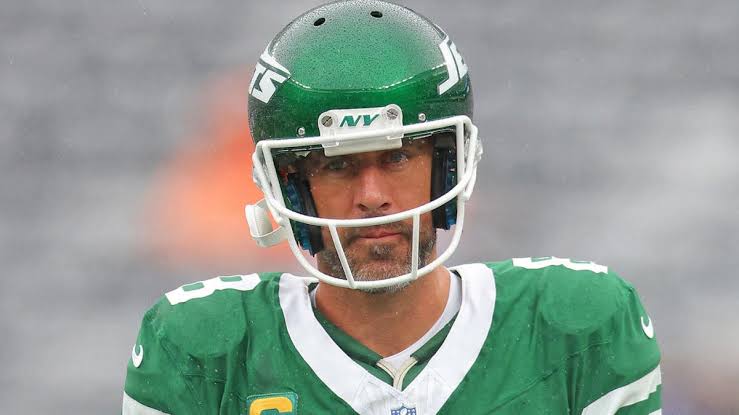
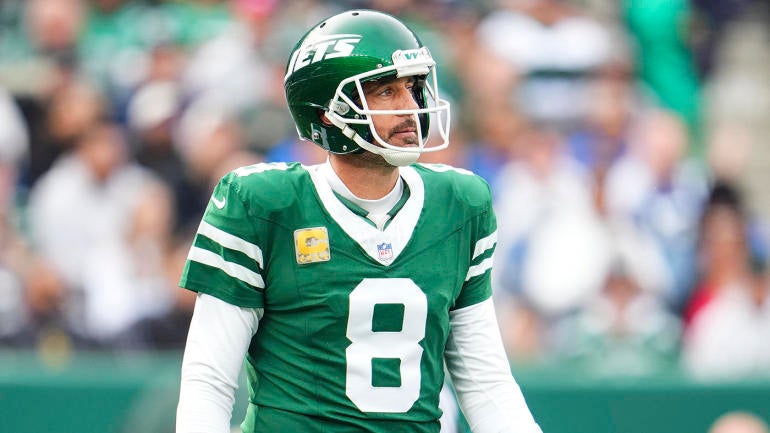
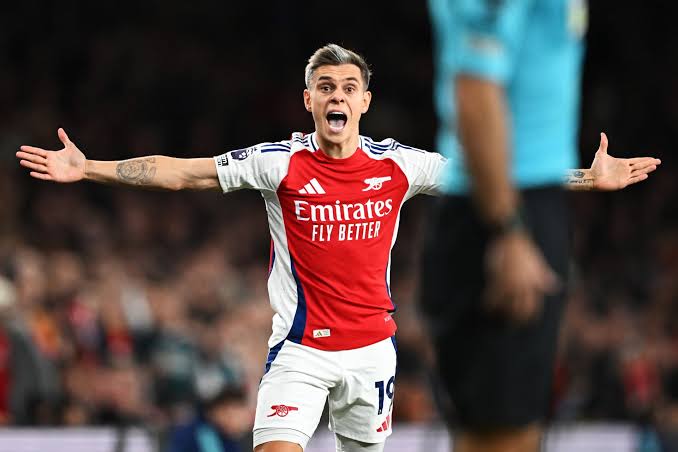
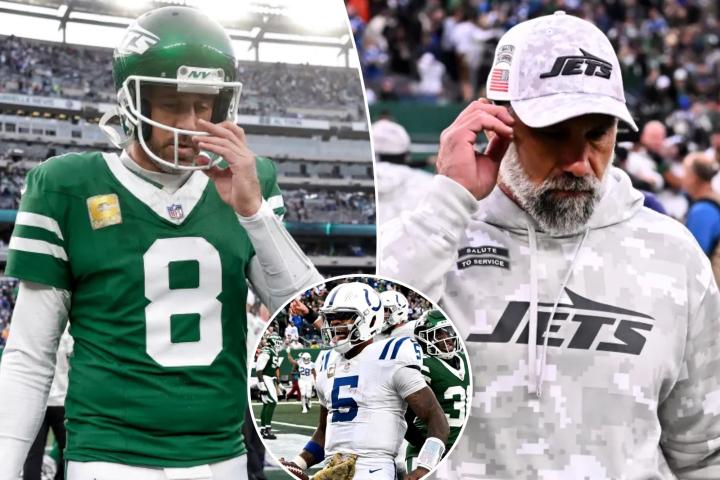


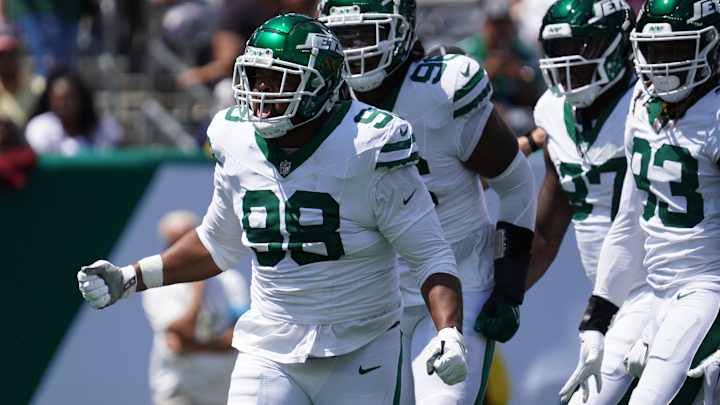
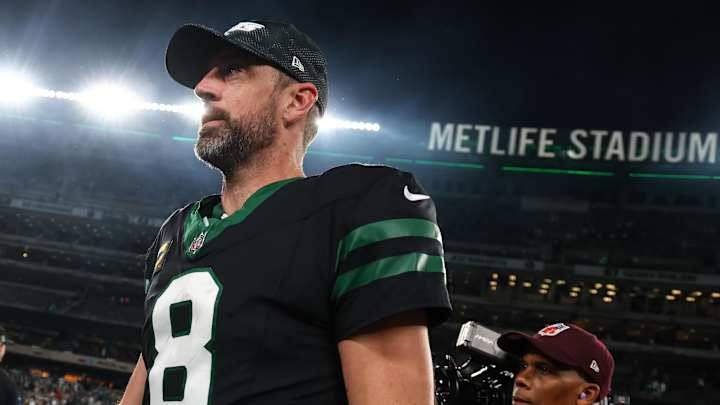

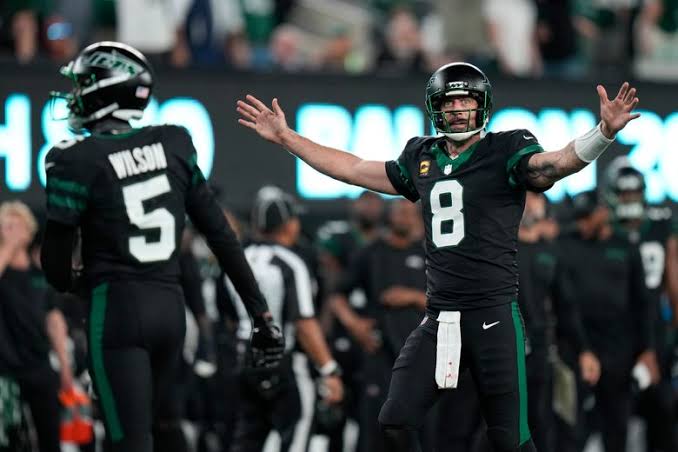

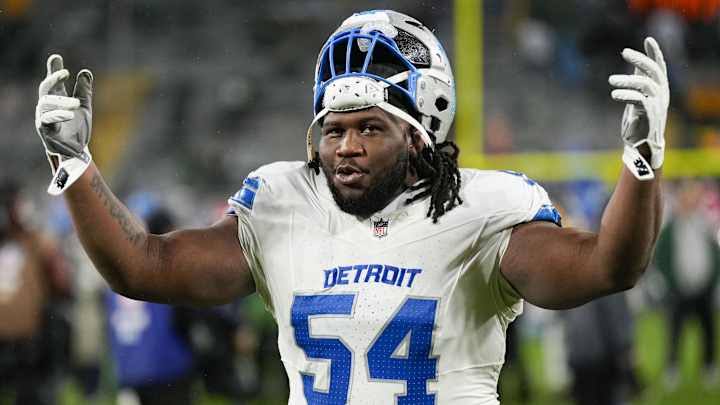


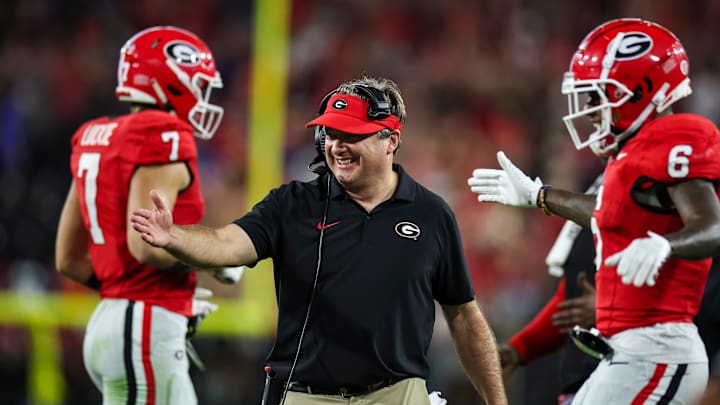
Leave a Reply